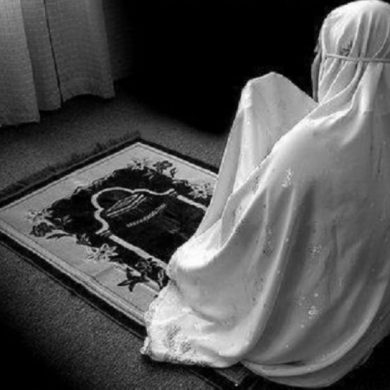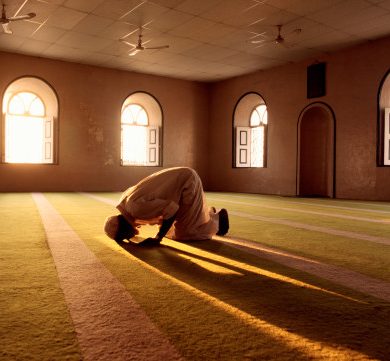The 27th of Rajab marks Eid Al-Mab’ath. The importance of this day lies not only in the immensely substantial birth of Islam, but also in the way it signifies why Islam came and what it came to do. We have all heard of the hadith of Holy Prophet Muhammad (pbuh) when he said: “I was sent to perfect the best of morals (aklhaq).” It is precisely this factor that constitutes the core and the treasure of this religion.
We may constantly strive to fulfil the superficial criteria for being a Muslim: praying, fasting and going to hajj. But have we asked ourselves why Islam wants us to do these things, or the overarching purpose of Islam? Islam came to perfect morals, and we are obliged to perform acts that will bring us closer to Allah (swt), be conscious of Him, and consequently increase us in morals.
There is a hadith that says: خصلتان لا تجتمعان في مؤمن: البخل وسؤ الخلق
“There are 2 things that cannot exist in a believer: stinginess and bad manners.”
A true believer is not a stingy, self-centred person, and does not have bad manners. Our sublime morals must manifest in our relationships with our parents, spouses, friends and fellow human beings. Our identity as Muslims and as believers must not be tainted by selfishness, anger, hypocrisy and hostility. In another hadith the Prophet says: ما من شيء اثقل في ميزان العبد يوم القيامة اكثر من حسن الخلق
“There is nothing weightier in the scale of a believer on the Day of Judgement than good manners.”Let us, on this momentous occasion scrutinise our actions and our treatment of others in our everyday life to ensure that our scales are the heaviest on the day when it matters most.
“There are 2 things that cannot exist in a believer: stinginess and bad manners.”
A true believer is not a stingy, self-centred person, and does not have bad manners. Our sublime morals must manifest in our relationships with our parents, spouses, friends and fellow human beings. Our identity as Muslims and as believers must not be tainted by selfishness, anger, hypocrisy and hostility. In another hadith the Prophet says: ما من شيء اثقل في ميزان العبد يوم القيامة اكثر من حسن الخلق
“There is nothing weightier in the scale of a believer on the Day of Judgement than good manners.”Let us, on this momentous occasion scrutinise our actions and our treatment of others in our everyday life to ensure that our scales are the heaviest on the day when it matters most.






